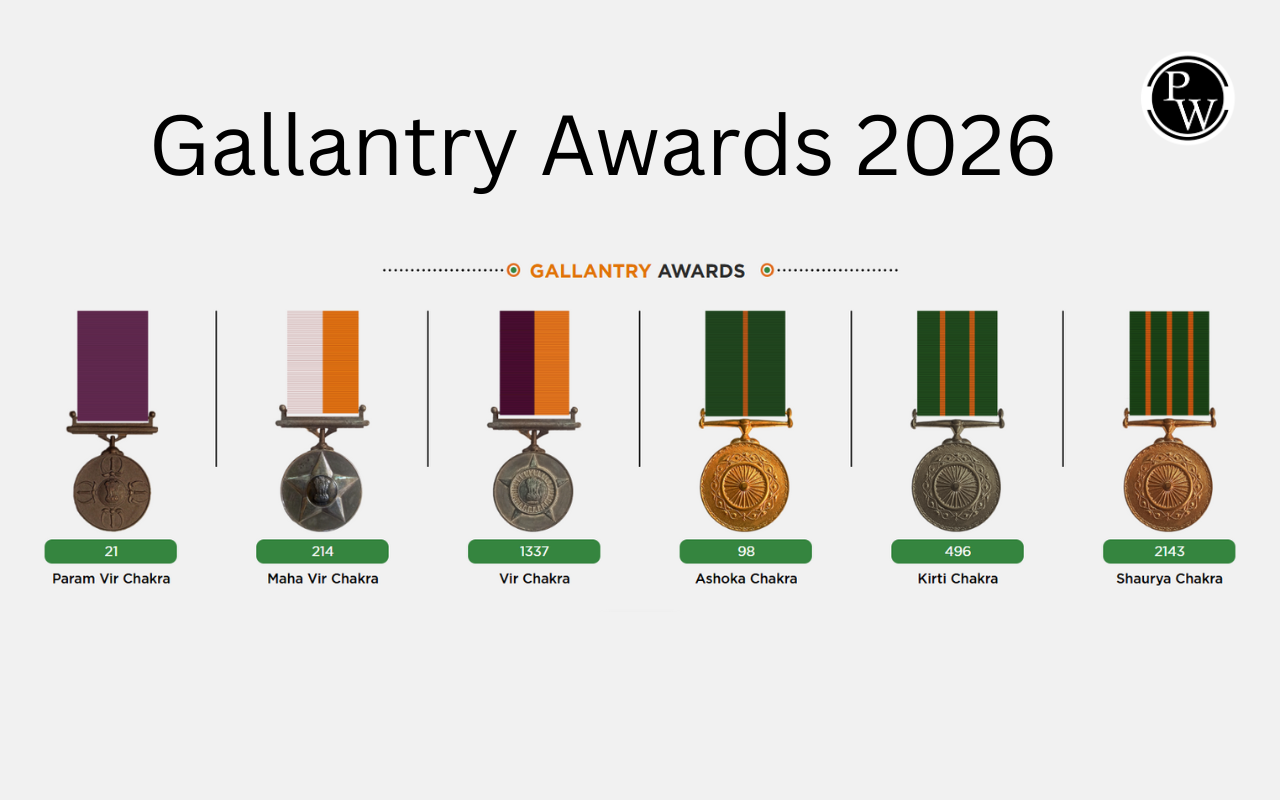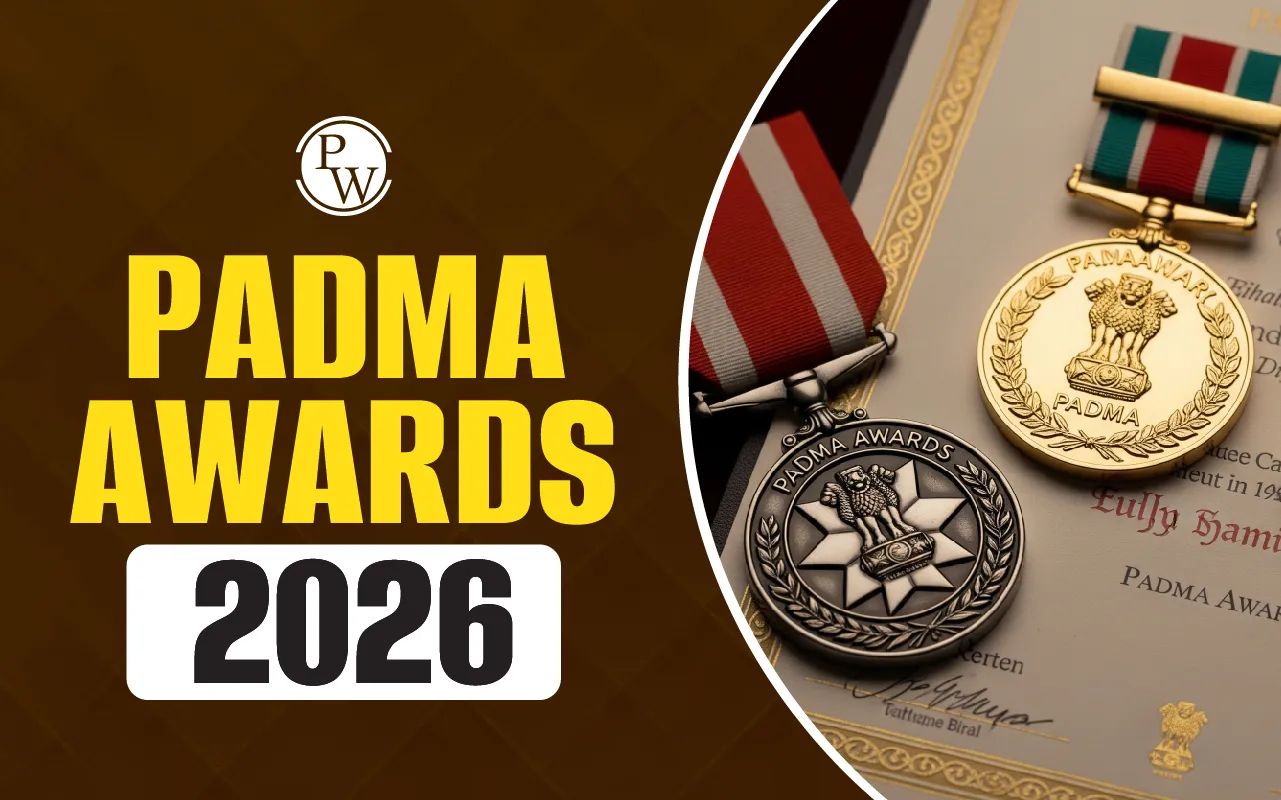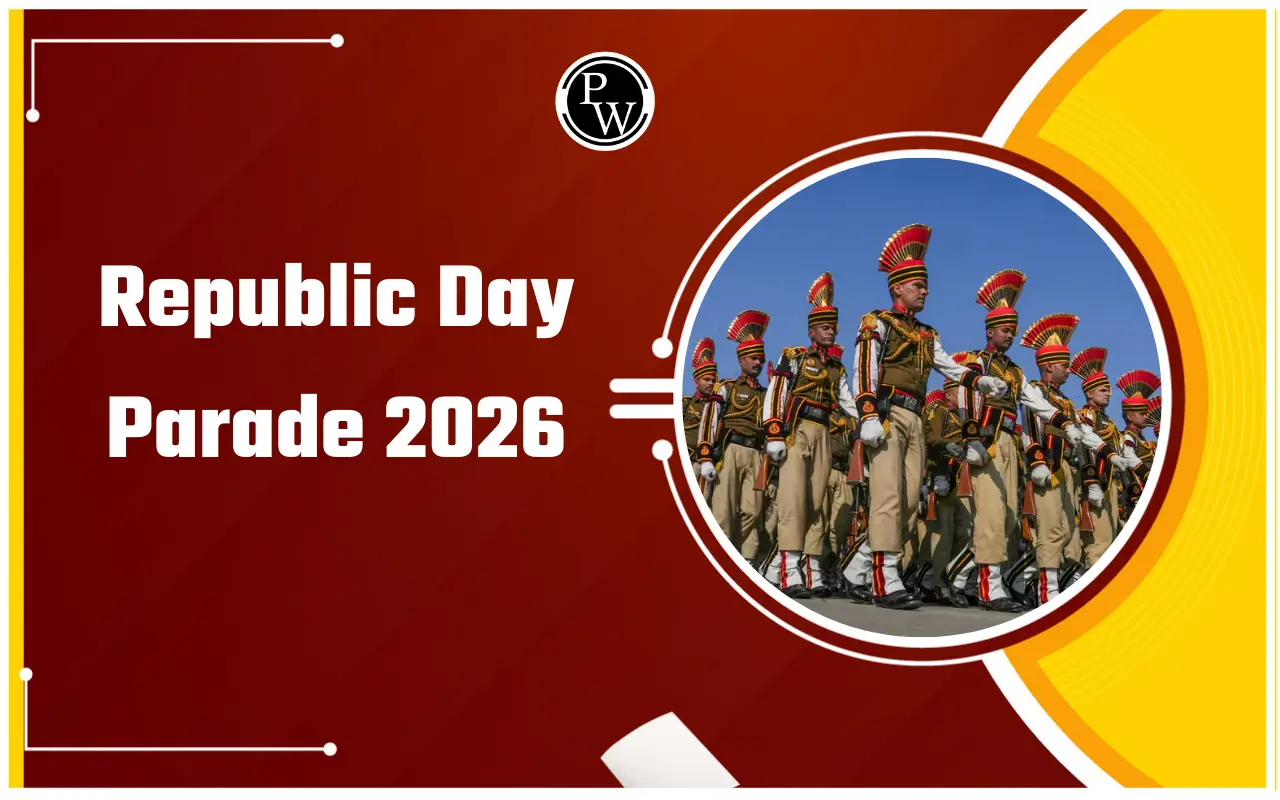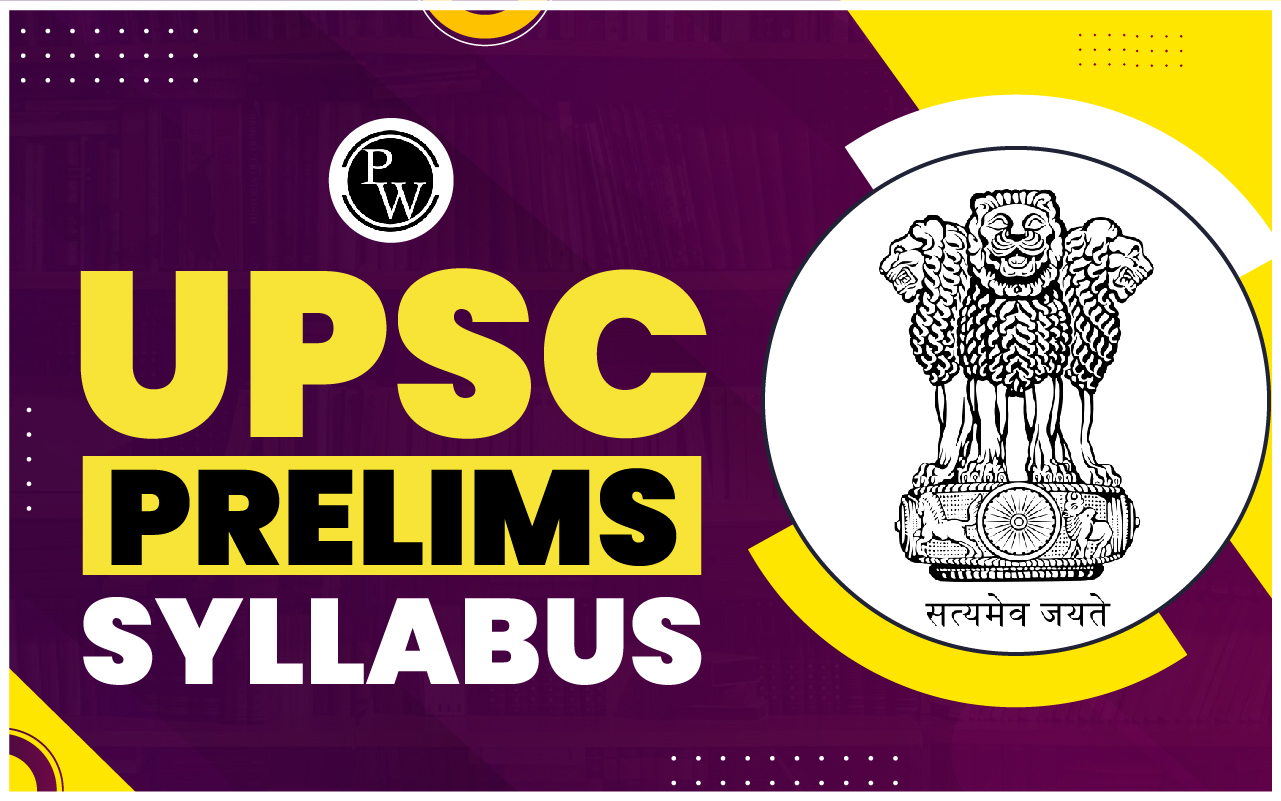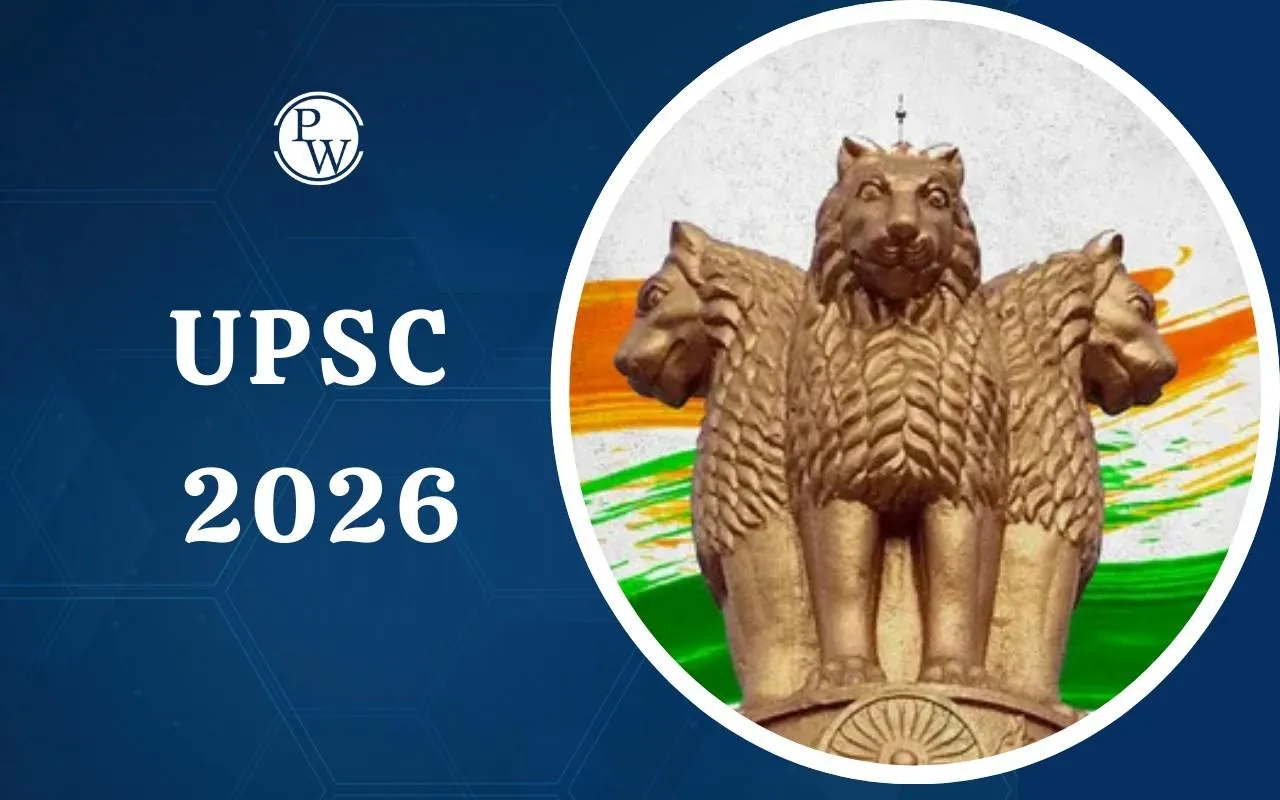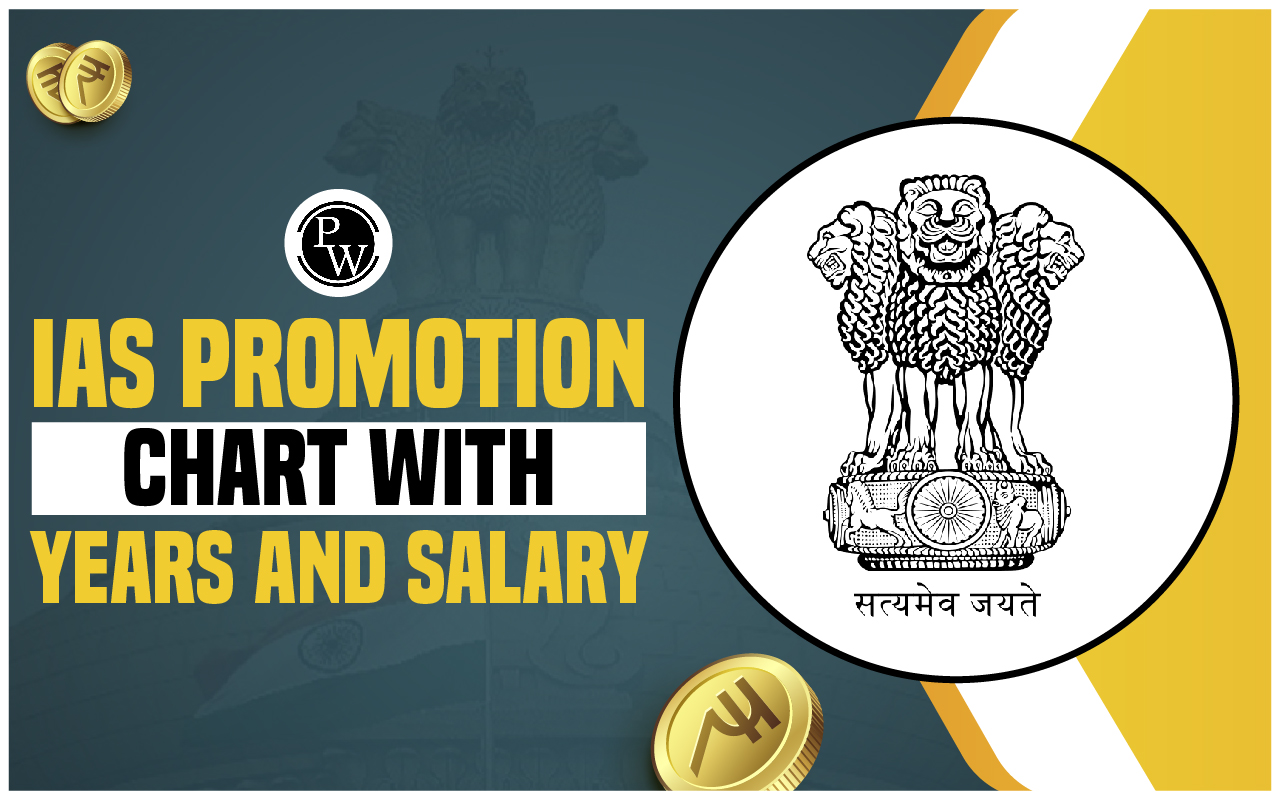
IAS Officer After 12th : Have you just completed the 12th and are wondering how to become an IAS officer? Start your journey by planning your preparation early and getting familiar with the exam process. To become an IAS officer after 12th grade, you need to complete your undergraduate degree and appear for the UPSC Civil Services Examination (CSE ) after it. The application window will close on February 3, 2026, and a notification will be issued on January 14, 2026.
The UPSC exam is conducted in three stages: Preliminary, Mains, and Interview. Therefore, starting early, staying focused, and consistently improving your skills are crucial steps toward achieving your goal of becoming an IAS officer. The step-by-step process to become an IAS officer after 12th grade is discussed here.What is the IAS?
The Indian Administrative Service (IAS) is a part of the civil services under the Government of India. IAS officers are responsible for the administration of various departments, implementation of policies, and ensuring the smooth functioning of government programs. The IAS Officers have significant authority and play a crucial role in the governance of the country. The Civil Services Prelims Exam of the Union Public Service Commission (UPSC) 2026 is set for May 24, 2026, with the Mains Exam starting on August 21, 2026.Can You Become an IAS Officer After the 12th?
Technically, you cannot appear for the UPSC Civil Services Examination (CSE) 2026, immediately after successfully clearing 12th standard. The minimum eligibility criterion to sit for the UPSC exam is a graduate degree from a recognized university. However, If a candidate starts their preparation immediately after the 12th, it can be proven as the smart strategy that can give them an edge in this highly competitive exam. Therefore, if you have set your aim for becoming an IAS officer after 12th then the first thing is to learn its eligibility criteria. The minimum requirements to become an IAS officer are as follows:| Eligibility Criteria 2026 for IAS Officer After 12th | |
| Eligibility Criteria | Criteria Details |
| Age Limit |
|
| Qualification | Graduation from a recognized university or equivalent |
| Nationality | Indian Citizen |
| Number of Attempts |
|
How to Become an IAS Officer After 12th in India?
Those who join this elite post at an early age by becoming the youngest IAS officer can rise to the top position of Cabinet Secretary. Here is a breakdown of how to become an IAS officer after 12th step by step:First Step: Choose the Right Graduation Course
To be eligible for the UPSC CSE 2026, you must have a bachelor's degree from a recognized university. Therefore, focus on selecting the right undergraduate course soon after clearing the board exam.- Try to opt for a degree that aligns with your interests and the UPSC Mains optional subject .
- Some of the top courses include Political Science, History, and Economics, which can be particularly helpful for the UPSC syllabus.
- Maintain good grades throughout your college years, as a strong academic record is beneficial in a UPSC interview.
Popular Degree Options To Become IAS Officer After 12th
- B.A. (Political Science)
- B.A. (History)
- B.A. (Economics)
- B.A. (Public Administration)
- B.Com (for Commerce students)
- B.Sc. (for Science students)
Second Step: Start Preparation During Graduation
Preparation for the IAS exam must ideally begin during your undergraduate course. For this, once you get admission, start your preparation for the UPSC CSE exam by making a long-term plan.Year 1 of Graduation
- Focus on building a strong foundation in subjects like History, Polity, Geography, and Economics. Read NCERT books from classes 6-12.
- Develop a habit of reading newspapers daily and drafting concise notes on current affairs daily.
- Understand the structure of the UPSC exam, and read the UPSC syllabus and previous years’ question papers.
Year 2 of Graduation
- Begin reading standard reference books for UPSC.
- Join online or offline coaching classes if possible, or start with self-study using Physics Wallah UPSC preparation books and resources.
- Take mock tests or practice answer writing to get familiar with the exam pattern.
Year 3 of Graduation
- By now, you should have completed the core syllabus. Focus on revisions and solving mock tests regularly.
- Practice writing essays and improve your presentation skills.
- If you feel confident, think about appearing for the UPSC exam in the final year of your graduation or just after completing it.
Third Step: Appear for the UPSC Civil Services Examination
Once you have completed your graduation and feel prepared, it's time to apply for the UPSC CSE. The Union Public Service Commission (UPSC) Civil Services Prelims Exam 2026 is scheduled for May 24, 2026, and the Mains Exam will begin on August 21, 2026. Ensure that you meet the eligibility criteria before applying for the UPSC IAS exam.- Once the application forms are released, visit the official UPSC website and carefully fill out the form.
- Keep all documents ready with you that you need to upload during the application process online.
- Make sure each piece of information is accurate and updated; otherwise, the application may not be accepted.
Fourth Step: Clear the IAS Exam and Undergo Training
The IAS exam 2026 consists of three stages: preliminary, mains, and interview. With a dedicated approach and targeted preparation, you can clear every stage.- UPSC Prelims: This is the qualifying stage and consists of two objective-type papers, namely General Studies and CSAT. Practising multiple-choice questions will help in clearing this stage to be shortlisted for UPSC Mains 2026.
- Mains Exam: If you clear the IAS Prelims 2026, you'll move on to the Mains, which consists of nine descriptive papers worth 1750 marks. This stage tests your in-depth knowledge and writing skills. You must cultivate the habit of writing answers regularly.
- Interview: The final stage is the interview, where your personality, communication skills, and overall suitability for a career in civil services are assessed. Stay confident and honest, and prepare for common interview questions.
If you manage to clear all three stages of the UPSC exam, you will be selected for training as an IAS officer at Lal Bahadur Shastri National Academy of Administration (LBSNAA) in Mussoorie. The training period is approximately of two years , where you will learn administrative skills, governance practices, and leadership.
How to Start Preparation for IAS Officer After 12th?
The UPSC IAS exam tests your knowledge, aptitude, and personality traits required for administrative officers in the government. To get selected as an IAS officer, you must be well-prepared for each stage of the UPSC selection process and cultivate the necessary skills during preparation. Follow these tips to become an IAS Officer after 12th:- Focus on Basics: Begin with strengthening your foundation by thoroughly understanding basic concepts in subjects like History, Geography, Polity, Economics, and Science. NCERT books from classes 6 to 12 are highly recommended for this .
- Practice Previous Year Papers: Solving UPSC Previous year question papers will give you a clear idea about the exam pattern and the type of questions asked.
- Develop a Study Schedule: Create a well-structured study plan that covers all subjects and topics in the UPSC syllabus. Allocate specific time slots for each subject and stick to your schedule diligently to ensure consistent progress.
- Join an Online Course: Enroll in the PW online IAS coaching course for guided preparation under experienced mentors. Online courses are flexible and can be tailored to fit your personal study schedule.
- Stay Disciplined: Consistency and discipline are key to success in the IAS exam. Make a habit of daily study, regular revisions, and staying updated with current affairs that will keep you focused and motivated throughout your preparation journey.
IAS Officer After 12th FAQs
Which graduation is best for the IAS exam after 12th?
How to become an IAS Officer after 12th Commerce?
Which degree course is best for IAS after 12th Science?
Can a 12th pass apply for the UPSC IAS exam?
Can I directly become IAS after 12th?



